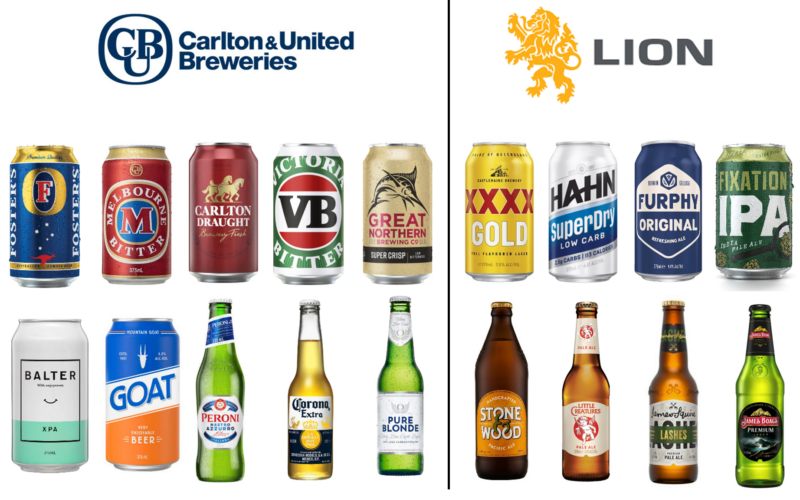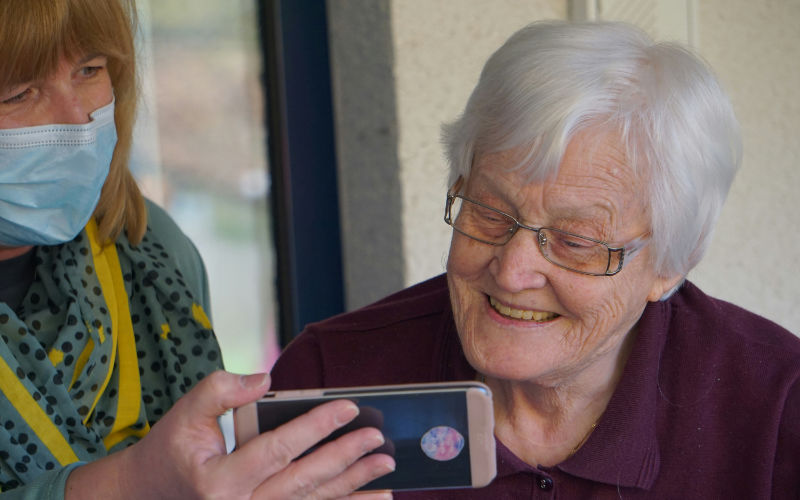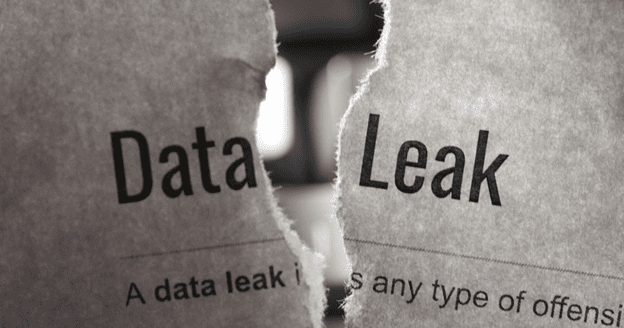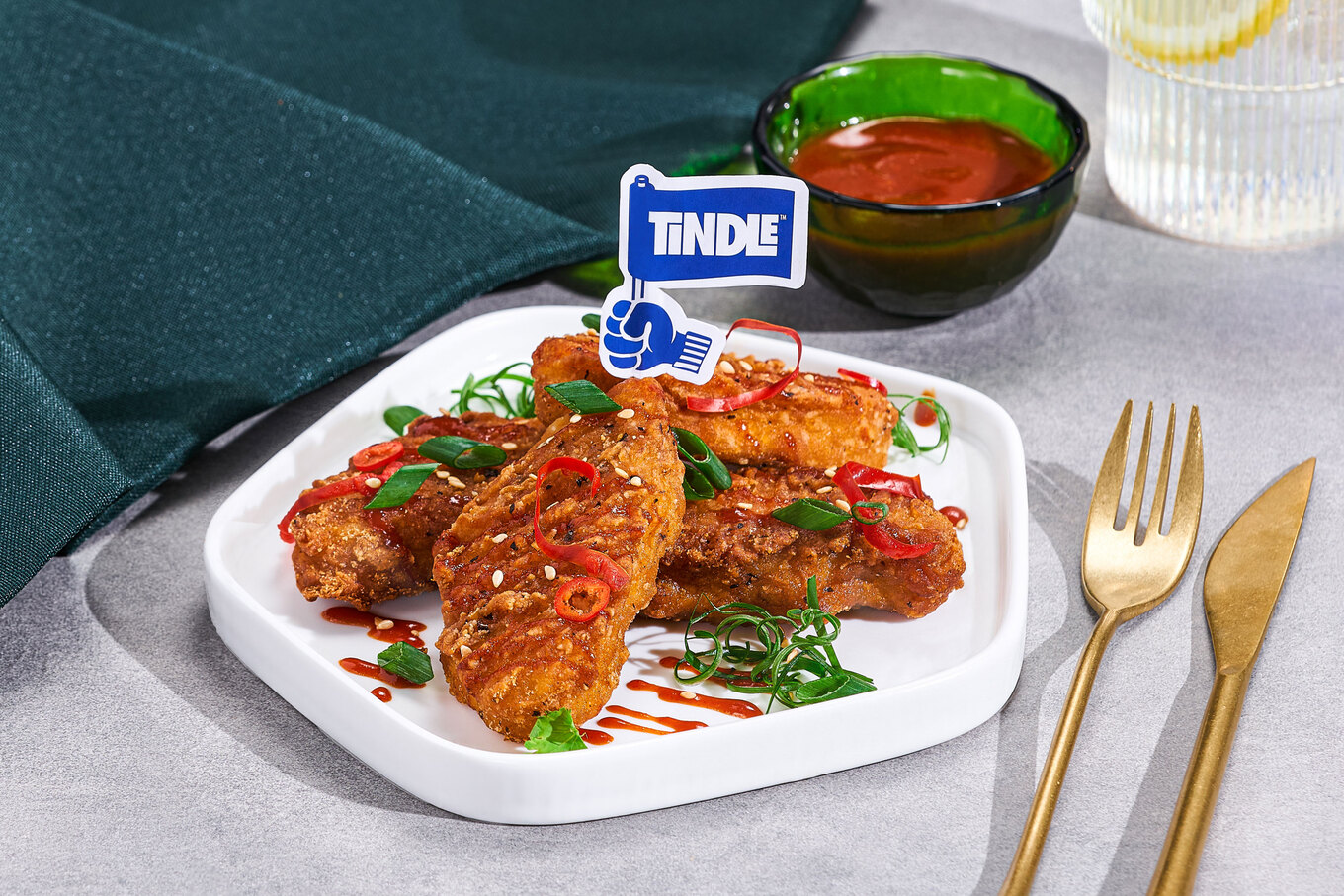
Visiting the local pub or bottle shop may create an impression of beer drinkers spoilt for choice. But the variety of offerings is increasingly controlled by the duelling duopolies of producers and retailers drunk on their market power. It’s Coles and Woolworths again. And it’s prices. Zacharias Szumer investigates.
As inquiries run by both the Senate and the competition watchdog are putting their magnifying glasses on the power of Australia’s supermarket duopoly, MWM is taking a closer look at Australia’s liquor market.
Kicking things off, this correspondent recently got on the beers. Which is to say: he spoke with people in Australia’s independent brewing industry to understand how massive duopolies are taking a huge gulp of the profits at all stages of the supply chain.
But let’s have a few at the pub first. Even here at our friendly local, it might be hard to escape the influence of a major duopoly: Carlton & United Breweries (CUB) and Lion. According to the managing director of Coopers, CUB’s got about 50 per cent of the market and Lion about 30. Both are owned by Japanese companies: respectively, Asahi and Kirin. Coopers is a distant third.
A bevvy of nefarious tactics
Brewers often have contracts with pubs to get their beer on tap. The two companies have managed to “lock at least 85 percent of beer taps in the country,” according to a recent budget submission by the Independent Brewers Association (IBA).
They also use various nefarious techniques to limit choice and sales on the taps they don’t directly contract – or at least that’s what your correspondent has heard.
For example, if one of the big players has an India Pale Ale (IPA), they will seek contract terms that ensure it’s the only IPA on tap.
Sometimes it’s just “knowing that a brand is strong and excluding it,” an industry insider, who asked not to be named, told MWM.

SOURCE: Independent Brewers Association 2024-25 Budget Submission.
Financial rebates offered to pubs for selling a certain quantity of beer from the big suppliers also create an incentive structure that “throttle[s] the sales of the independent beer”, the insider said.
To hit the rebate target, pubs will price independent beers ‘artificially higher’ or order fewer kegs, so they just happen to run out at 9 pm on a Friday night, pushing customers to order beers owned by the duopoly.
While not going into detail, Kylie Lethbridge, CEO of the IBA, said the peak body had been hearing from its members about various “exclusionary practices.”
“That is definitely very much what we have been told and what we’re being told more and more lately,” Lethbridge said about financial rebates leading to underhand tactics.
The big two in booze retail
After a pint or two at the pub, we head to the bottle shop, where another two players have dominant slices of the market.
On one hand is Coles, which owns Liquorland, Vintage Cellars and First Choice. On the other, Endeavour, which was spun-off by Woolworths in 2021, and owns Dan Murphy’s, BWS and the delivery service Jimmy Brings.
While the demerger may have helped cleanse the Fresh Food People’s hands of vice, Woolies has stayed in the cut, remaining Endeavour’s fourth-largest shareholder with a roughly 9 per cent stake.
Together Endeavour and Coles account for around 55 per cent of the market. If you throw in the other two major retailers – Aldi and Metcash (which owns IGA Liquor, The Bottle-O, Thirsty Camel, Porters and Cellarbrations) – the four companies’ share is over 70 per cent.
.Because of the power they have” the big retailers “can dictate price.
Kylie Lethbridge, CEO of IBA.

Source: Woolworths/Endeavour 2021 demerger booklet.
Both Endeavour and Coles have come under scrutiny in recent years for their expansion of home-brand alcohol products branded as boutique or independently produced.
While a recent Four Corners episode focused on misleadingly marketed boutique wine, the beer industry has also seen a proliferation of “pseudo-craft beers”, as the IBA’s budget submission calls them.
At Coles-owned outlets you might have seen brands such as Tinnes, while at BWS or Dan Murphy’s you’ll encounter Zytho or the interestingly named Crony pale ale.
The insider told MWM that the big two will essentially seek to replicate an independent product that’s already on the market, both in recipe and branding, but sell it at a cheaper price.
They also keep any details about being a ‘home brand’ of sorts hush-hush. It’s not illegal, just a little bit naughty.
Plans for independent brews get shelved
Endeavour puts out most of their ‘private label’ booze through a subsidiary called ‘Pinnacle Drinks’. In 2023, Pinnacle launched 550 new products. The year before, it was 479.
It’s an “incredible number”, IBA board member Richard Adamson told parliament last year, and it’s created a struggle for independent brewers to get their products on shelves. He added:
Anecdotally, we’re seeing that one in five to one in four shelf spaces for beer is now one of their private-label brands, so we are getting squeezed out of the major retailers’ shelf space at the same time,
Appearing the day before Adamson, Coopers’ managing director told parliament that, in opposition to the big two, independent retailers were more likely to let “consumer preference dictate what is on the shelves.”

Two examples of retailer-owned private label brands: Endeavour/Pinnacle’s Big Things Brewing Co. ginger beer and Liquorland’s Smithy’s.
Because private-label brands have the financial might of major corporations behind them, they can also dish out far more dosh on marketing and promotions.
For instance, the Coles-owned Tinnies beer brand recently signed a lucrative sponsorship deal with Cricket Australia.
Both Coles and Endeavour-owned brands also have free access to detailed sales data from their parent companies, while independent brewers might have to shell out roughly $150,000 for subscription services to access this data, the insider said, although such services only provide “what the retailers are willing to share.”
Competition canned
Perhaps by now, we’re sick of all these big players throwing their weight around. So, let’s head to our local craft beer brewery.
But here, too, before the beer even leaves the factory floor, independents face another duopoly, as only two companies in Australia make printed aluminium cans: Visy and Orora.
These two “behemoths”, as the insider called them, also dominate the cardboard production that encases slabs and six-packs.
Orora is owned by the Japanese giant Nippon. While Visy is owned by the family of Australia’s third-richest man Anthony Pratt, who regularly donates massive sums of money to both political parties.
There’ve been “numerous cases” where the big two have “post-contract, changed terms or changed pricing on people. It’s been pretty difficult,” the insider said.
IBA’s Lethbridge also explained how some of these contract changes make it particularly hard for small brewers.
Peter Dutton’s angry crusades. You never know what you’re gonna get.
This post was originally published on Michael West.





















 Daring Foods
Daring Foods Tindle Foods
Tindle Foods VFC
VFC